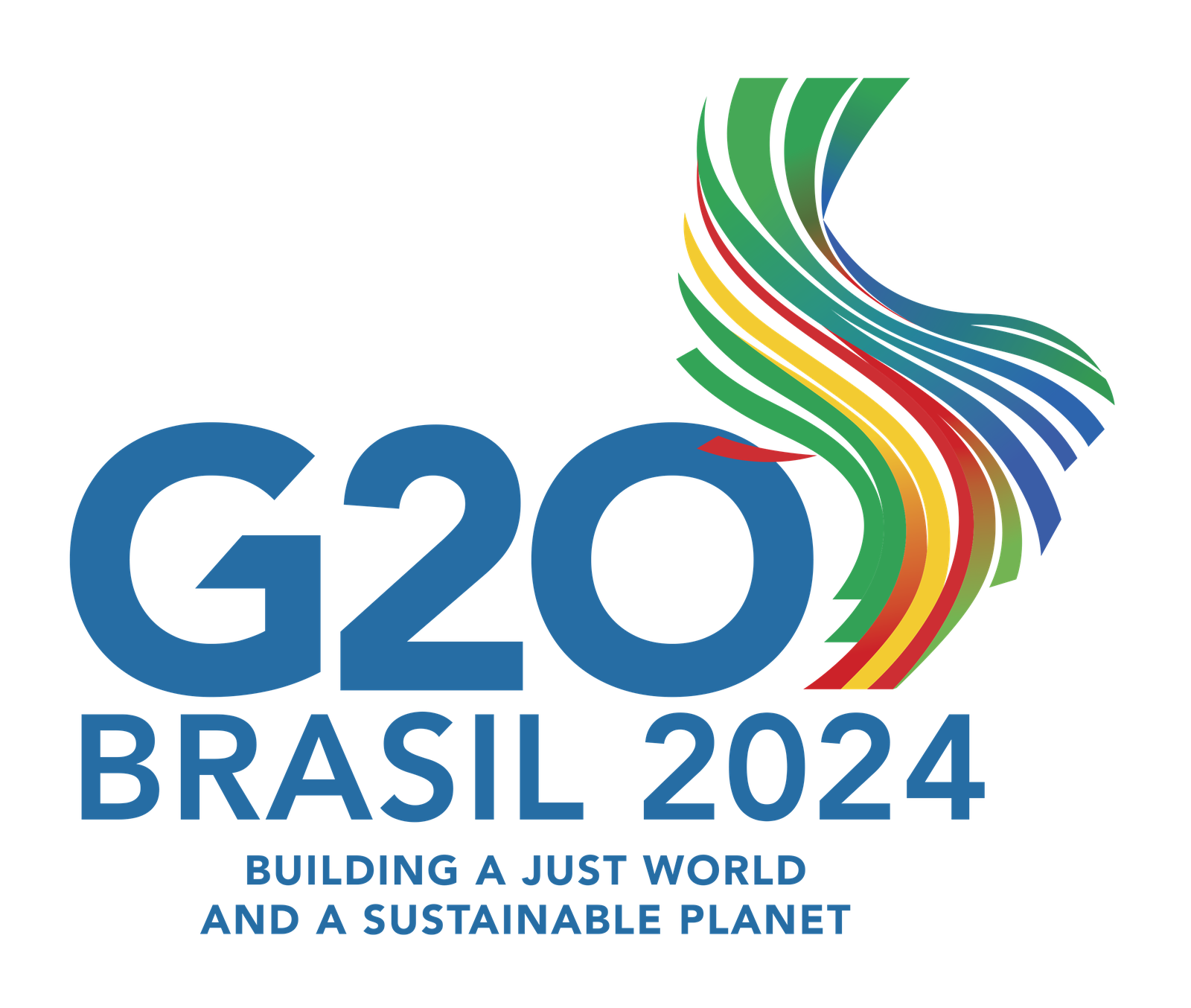
provided by the G20 Research Group

G20 Summits |
G20 Ministerials |
G20 Analysis |
Search |
About the G20 Research Group
[English]
[Français]
[Deutsch]
[Italiano]
[Portuguesa]
[Japanese]
[Chinese]
[Korean]
[Indonesian]
 |
G20 Information Centre provided by the G20 Research Group |
 |
|
G20 Summits |
G20 Ministerials |
G20 Analysis |
Search |
About the G20 Research Group
|
||

G20 Principles on Trade and Sustainable Development 2024
Brasília, October 24, 2024
[PDF]
We recognize that international trade can be an engine for inclusive economic growth and poverty reduction and can contribute to the promotion of the economic, social and environmental dimensions of sustainable development.
Reaffirming our rights and obligations under all the relevant multilateral agreements to which we are parties, we recognize that increased international cooperation and multilateral solutions promote sustainable development and shared prosperity. We also acknowledge that international cooperation is important in ensuring that trade and sustainable development are mutually supportive.
We recall our previous work at the G20 Trade and Investment track pertaining to trade and sustainable development. We also reaffirm the WTO provisions on special and differential treatment for developing Members and LDCs.
We also recall that trade is to be conducted with a view to raising standards of living, ensuring full employment, pursuing sustainable development of Members, and enhancing the means for doing so in a manner consistent with Members' respective needs and concerns at different levels of economic development. We emphasize the importance of ensuring that no one is left behind in the pursuit of sustainable development.
In this context, we have identified the following voluntary, non-binding and non-exhaustive list of guiding principles for consideration in the design and implementation of measures related to trade and sustainable development (referred hereafter as “measures”):
Right to regulate. We reaffirm the sovereign right to regulate and implement measures in pursuit of legitimate public policy objectives, including those related to sustainable development, in its economic, social and environmental pillars.
Favorable trade environment. We recognize that trade can be an important driver of sustainable development and prosperity for all. As such, measures should seek to contribute to a favorable trade environment, for example, by promoting fair competition and inclusivity and, as appropriate, by minimizing negative impacts as much as possible. Consideration and examination of measures’ impact on trade and sustainable development is a good practice.
Coherence. Measures should be coherent and in line with relevant multilateral and other international agreements ratified by the parties thereto.
Science and quality evidence based. Measures should be supported by the best available evidence and be reviewable in light of relevant new data.
Transparency and consultations. We recognize that providing transparency and, whenever possible, opportunities for meaningful consultations and comments on the design and implementation of measures promotes trust and enhances opportunities for effective cooperation in pursuit of sustainable development.
Multiple solutions. Sustainable development and trade goals may be achieved through different approaches. Whenever possible, positive consideration of different measures with the same policy objectives should be encouraged.
Development dimension. We recognize that countries at different levels of development face different challenges and have different needs, concerns and capacities, as highlighted by international agreements, including the WTO agreements. Measures should, when appropriate, endeavor to give consideration to constraints of countries at different levels of development.
Fair, just and inclusive transitions. Fair, just and inclusive transition pathways should promote the well-being of people and communities, promote decent work, advance equity and inclusivity, foster economic diversification, technological innovation and production of value-added goods and services, as well as ensure that the benefits of trade and sustainable development extend to all. Measures, to the extent possible, should encourage trade and investments that contribute to fair, just and inclusive transitions.
International Cooperation. International cooperation, technical assistance, capacity building and financial support, as well as voluntary technology transfer on mutually agreed terms and in line with WTO rules, can contribute to the successful implementation of specific measures and the overall achievement of sustainable development.
Source: Official website of Brazil's 2024 G20 presidency
This Information System is provided by the University of Toronto Library
and the G20 Research Group at the University of Toronto.
Please send comments to:
g20@utoronto.ca
This page was last updated
October 26, 2024
All contents copyright © 2025. University of Toronto unless otherwise stated. All rights reserved.